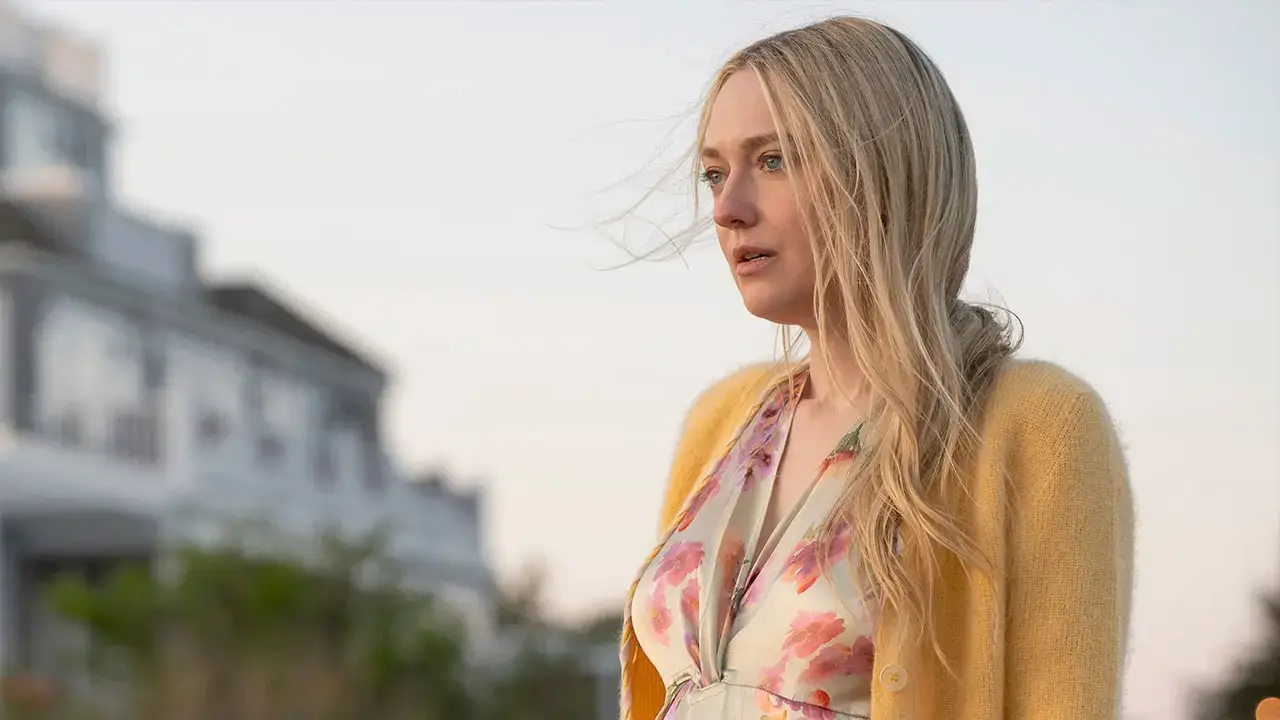
In The Humbling, Al Pacino plays an aging actor whose best years are far behind him. Some might use the same description for Pacino himself, but he is still known to turn in some fine performances in his later years. In an interview with The New York Times, Pacino speaks about the tools an actor relies on, why he loves theater, and why he has no plans to retire.
Pacino, who will turn seventy-five this year, points out that for actors there are two tools that they need to depend on to continue working. He points out, “There are professions where there are certain tools you depend on. With the actor it’s the memory, and also it’s the stamina. You can’t coast in some of these Shakespearean roles. They’re uncoastable. You can imagine the kind of panic that sets in when you realize you can’t get through this.”
Though Pacino is famous for deeply involving himself in his characters, he admits that he finds it much easier to remove himself from a character after years of experience. He explains, “When I was younger, I carried the roles with me more, in my life. It was a matter of learning how to separate them. That comes with time. But I remember when I did Dog Day [Afternoon], we had to go back and do a reshoot. And I just couldn’t do it. I kept trying, but that guy left me. Sidney [Lumet] had mentioned that he saw that character leave my body.”
One aspect that separates Pacino from his peers is that he continues to do Broadway plays despite probably having plenty of film roles to choose from. Pacino confesses that it’s where he feels most at home. He says, “Since I came from the theater, that was the medium I’ve always felt most comfortable in. There’s kind of a freedom in it that I haven’t found anywhere else, because you’re out there.”
Nonetheless, Pacino doesn’t ever see himself retiring from acting. He says, “I can dream about it, and wish for it. But there’s a certain practicality. As they say, you gotta eat. When I’m not doing a movie and I walk on the street and I see they’re making a movie, I just walk the other way. Like, ‘Oh, poor people. I know what you’re going through. I’m just so happy I don’t have to be in that setup.'”




